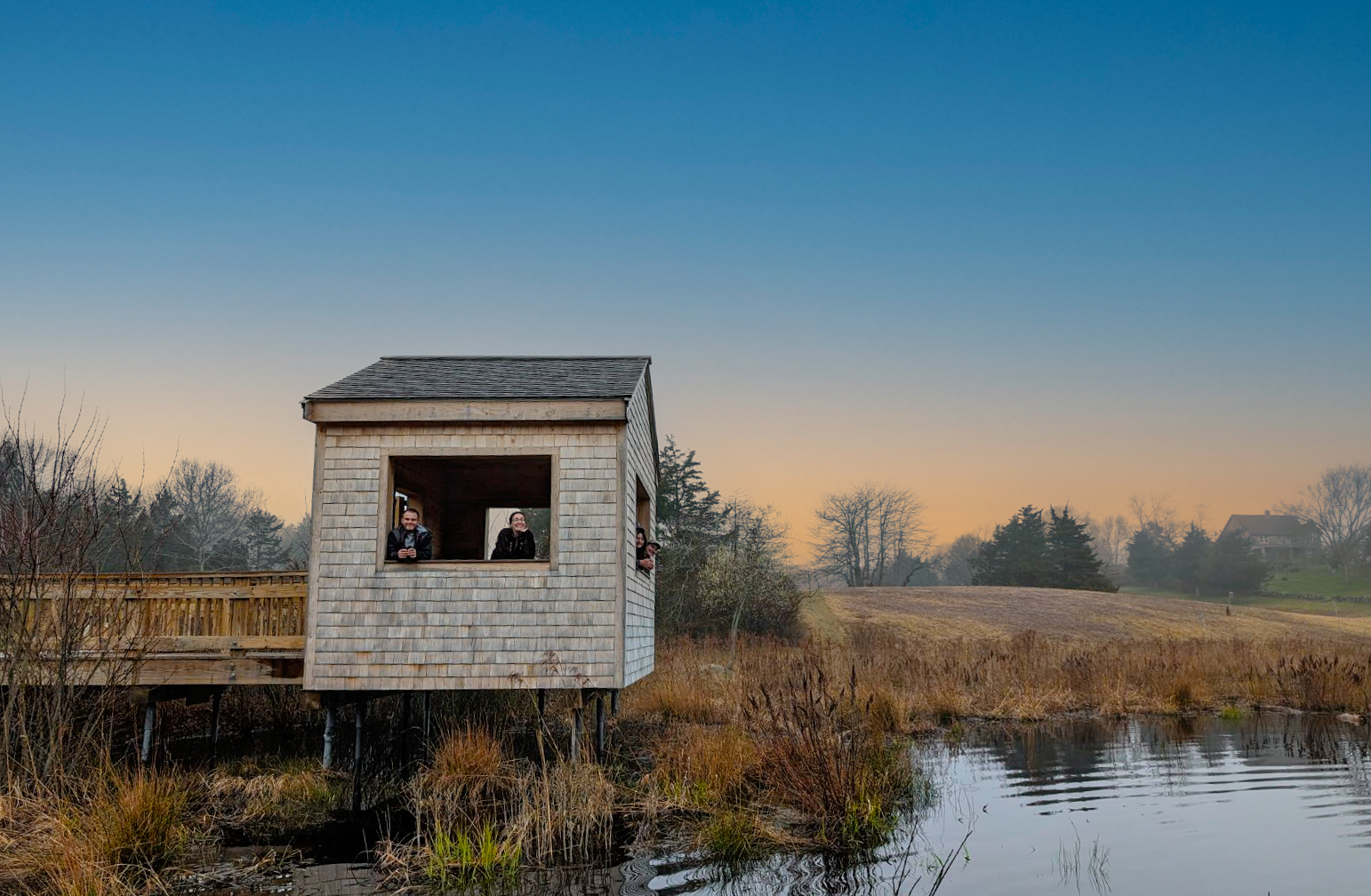By Manomet President John Hagan
By Manomet President John Hagan 
I was driving faster than I should have. Blinding snow. It wasn’t melting. The speed limit on the Maine turnpike was flashing “45.” I’m not usually interested in political theater, but I wanted to get home in time to see President Obama’s last State of the Union speech. The news chatter during the day was that it was going to be different. It was 7:37 PM, Tuesday, January 12, and the snow in coastal Maine was conspiring against me.
State of the Union events in recent times seems painfully affected. The President says something unassailably universally sensible, like “no one should go hungry in this country” or “anyone who wants to work hard should be able to!” and half the chamber wildly applauds and the other half looks like they just ate a lemon. Had the other party’s President uttered the same words, the applause would have been exactly, precisely reversed.
But I made it home. I watched the speech. It was different (the speech, if not Congress’s predictable affect).
Manomet pays a lot of attention to climate change and climate science. Unchecked, climate change could effectively eclipse our five decades of good work. Climate change was “Question Number Two” of the “Big Four” Obama posed to, and for, the American people in the speech.
But it wasn’t what he said about climate that intrigued me so. It was toward the end, when he finally got to the real nub of our challenge. Trust is how we’re going to move this country forward, he said. In her Republican Response, Nikki Haley, governor from South Carolina, said “Often, the best thing we can do is turn down the volume. When the sound is quieter, you can actually hear what someone else is saying.” Had we turned some corner in the history of the civilized world?
Our real problem isn’t climate change or ISIS or healthcare or the economy or gun rights or Iran’s nuclear program or you-fill-in-the-blank. No. Our problem is our steadfast inability to seek out, understand, and incorporate different perspectives into solving the really pressing problems of our time.
I’ve had a long career at Manomet. My best work has always been when I was working with someone who thought very differently from me. My goal was never to persuade them to adopt my view of the world, but rather to intimately understand their view of the world. I never once had to compromise my values in the process. But I did have to be open to the notion that someone who thinks very differently from me could have a lot to contribute to creating a better world. Maybe even more to contribute than me.
My point is this: I simply couldn’t solve the problem I was working on without their perspective, and knowledge. The problems this country, this world, faces can’t be solved unless we’re engaging diverse perspectives. Irrespective of your own political persuasion, the “other side” has one of the “keys” to the box of enduring solutions.
So play out this epic movie starring the human species. Do you win, or do “they” win? “We’re better than that,” said Obama. Solving the massive challenges we face is not a zero-sum game. Or at least it doesn’t have to be. But somebody has to have the courage to seek out and work with people who think differently. Now that is the end game. That is what will create a thriving world for us, and those who follow us.





 Back to all
Back to all